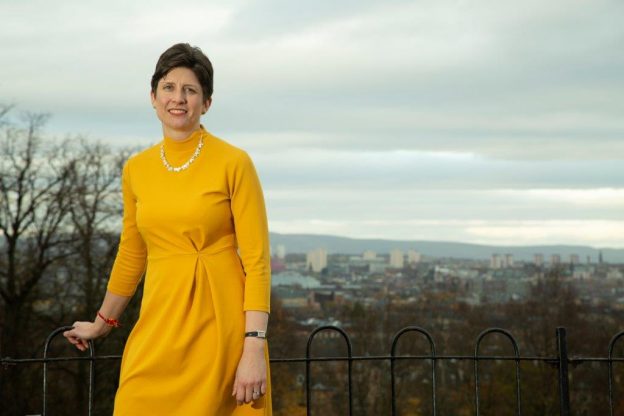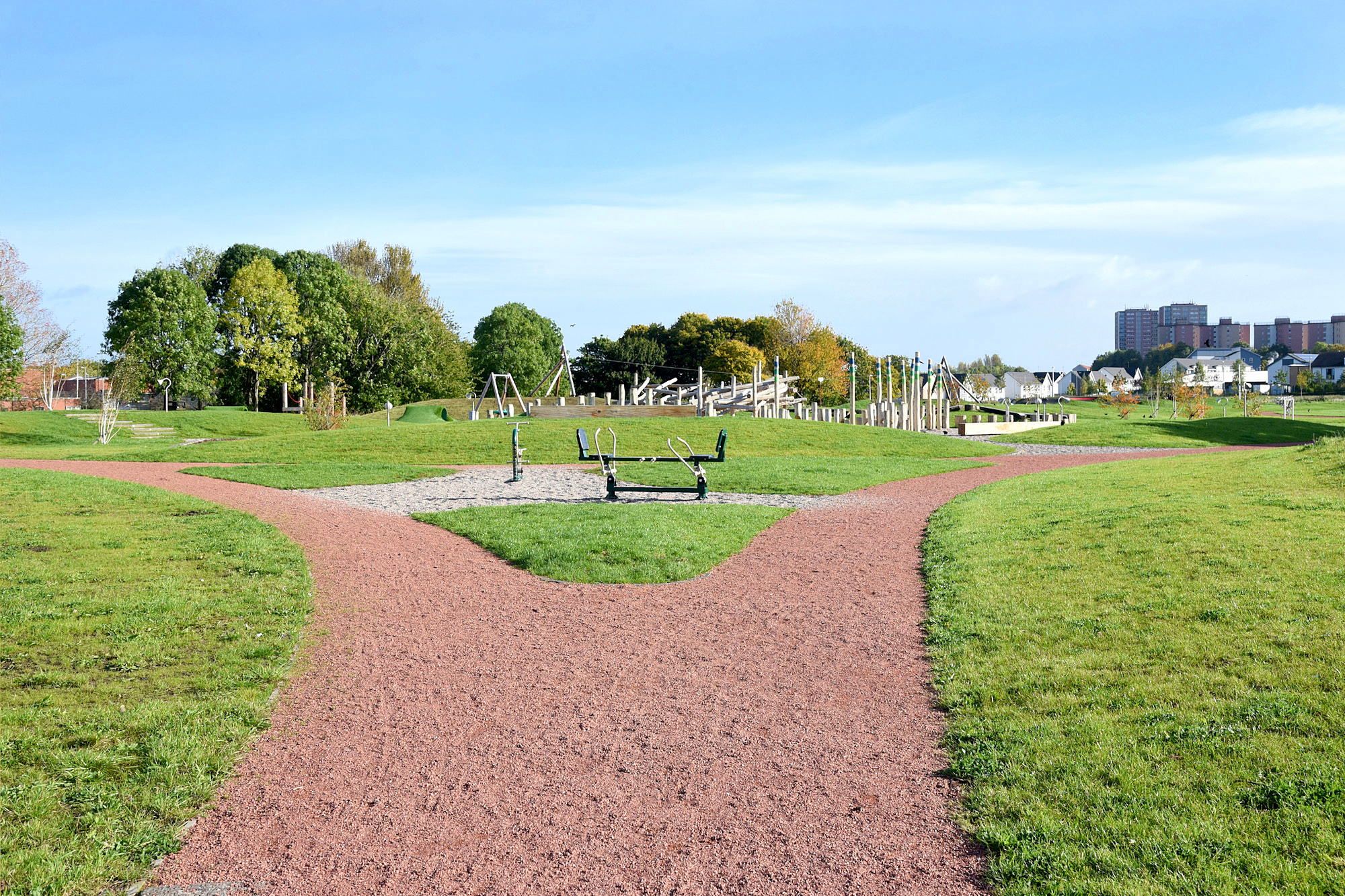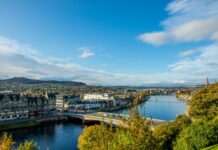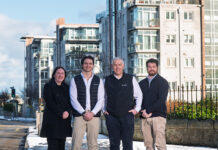
By Alison Thewliss, MP for Glasgow Central and chair of Clyde Gateway urban regeneration company.
Glasgow is rightly known as the “dear green place” due to the city boasting more than 90 parks and gardens. Afterall, our oldest park, a stone’s throw from the city centre, is simply known as Glasgow Green.
For many Glaswegians, the renowned Glasgow Garden Festival in 1988 is etched in our memories. It is incredible that a temporary exhibition has weaved itself into the fabric of the city. For me, it also serves as a reminder that we must continue to ensure that people living in or visiting Scotland’s largest city have easy access to green spaces.
The World Health Organisation says, “Everyone can benefit from urban green space interventions, but they can be of particular relevance for socially disadvantaged or underserved community groups, which often have least access to high-quality green spaces.”
So vital are green spaces for people living in urban areas that the United Nations determines that governments around the world, including the Scottish Government, must ‘provide universal access to safe, inclusive and accessible, green and public spaces, in particular for women and children, older persons and persons with disabilities’ – an ambition enshrined in its Sustainable Development Goals.
With 81% of Scotland’s population living in urban areas, Clyde Gateway has been working in partnership with the Green Infrastructure Strategic Intervention. It is a Scotland-wide initiative with many partners, including local authorities and housing associations, and aims to make our larger towns and cities more attractive, equal and environmentally sustainable places to live, work and invest in.

I was especially proud to open a new £3.5m woodland park in Toryglen earlier this month, the Malls Mire Woodland Park, which includes a nature reserve, boulder animal trail and spaces to host outdoor events and performances. The community woodland park caters for fitness enthusiasts with the inclusion of an outdoor gym and a pump track – a looped series of hills for bike riders designed to be used with minimal pedalling.
A short walk away is the spectacular Cuningar Loop Woodland Park, benefitting from a £2.3m upgrade to extend the park and provide 1,722 linear metres of footpaths, a teaching amphitheatre created with tree trunks, 167 specimen trees and 11,000 square metres of wildflower meadow and grassland. It is also home to the 23m high Hope Sculpture, a generous gift to the city and legacy of hosting COP26. It symbolises the hope of building a greener, healthier future and I can think of nowhere better to host it.
Work is also underway to transform sites in the heart of the East End of Glasgow into local community parks with £1m investment into the Old Dalmarnock Road Green Infrastructure project where 5.7 acres of vacant land beside the Bridgeton Community Learning Campus will become active greenspace. There is also Dalmarnock Riverside Park which was awarded funding in 2021 from the Scottish Government’s Low Carbon Vacant and Derelict Land Investment Programme. When completed they will reinforce Glasgow’s reputation as one of the best cities in Europe for parks.
Importantly, local groups and residents have been involved in developing these vital green spaces throughout the journey. All of the parks amount to an incredible £10m investment from Clyde Gateway, proof of just how much the regeneration organisation and the local community value green infrastructure.
A major impetus for Clyde Gateway’s work over the past decade has been to transform once derelict and inaccessible sites into new green spaces, designed to enhance community engagement, health, wellbeing and lifelong learning. We all undoubtedly value parks even more since the pandemic and I hope that residents and visitors to Clyde Gateway will be making many cherished memories in the wonderful green spaces now available.








